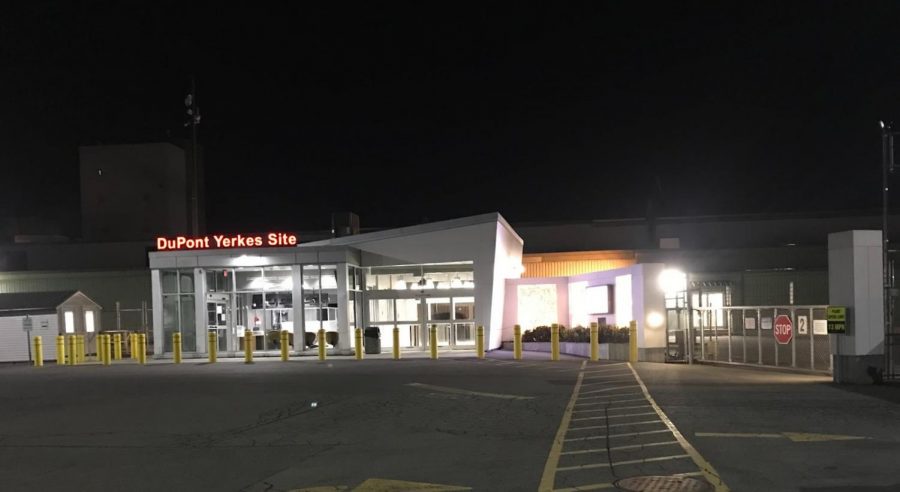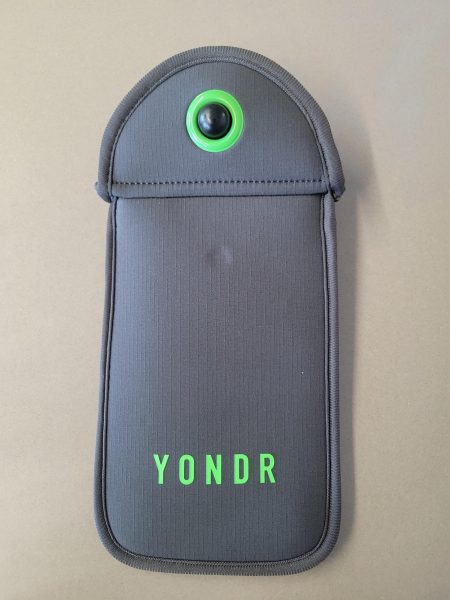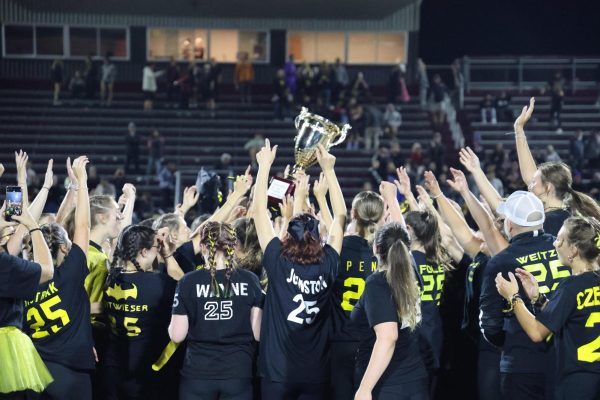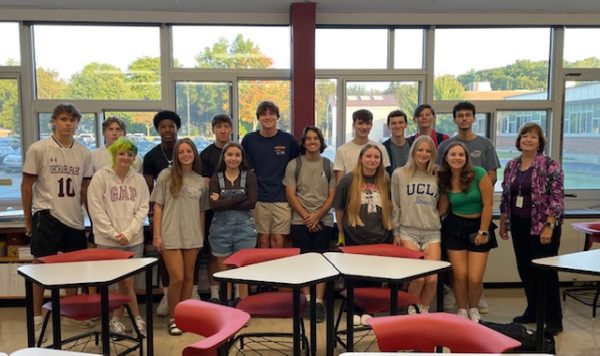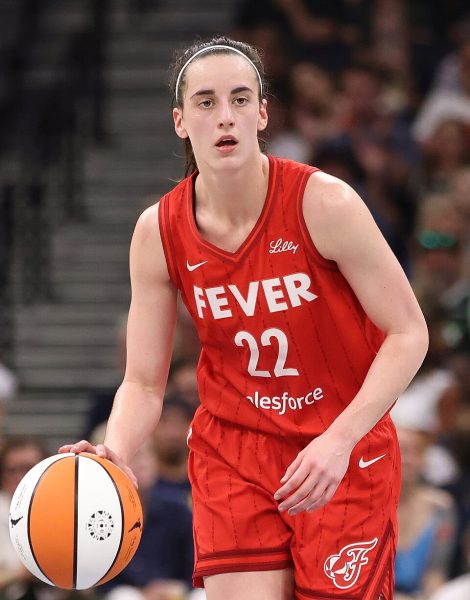Dawn Slusarz on Her Role in the Union at DuPont
DuPont is a very large chemical company. Some of their most known products are Kevlar, Corian, and Tyvek. They have locations all over the world, with their closest manufacturing location being in Tonawanda, NY. Dawn Slusarz, an employee at this plant, is also a representative for the United Steelworkers Union at her company. She has worked at DuPont for 22 years as a lab analyst. Their employment contract, which began in 2017, expired in September of this year. In order for a new contract to be approved, the company and the Union must agree upon the terms of it. The new contract was supposed to start in September, when the old contract expired. Due to disagreements between the Union and the company, this did not happen. Employees are currently working under their old contract, which the company extended for another 6 months. Dawn Slusarz agreed to an interview to discuss her role in the United Steelworker Union at DuPont as well as the current contract debate between the company and the Union.
Amelia Slusarz: What are your major responsibilities as a lab analyst?
Dawn Slusarz: I work in the Corian plant so my main responsibilities are to make sure the production of this product is run successfully. I test raw materials used in the production of Corian, test air quality for possible gas leaks or high fumes, monitor the production of the product, and obtain samples to ensure the quality of the product.
AS: Have you always been a part of the Union at DuPont?
DS: Yes, I joined the United Steelworkers when I was hired.
AS: Why did you decide to become a part of the Union?
DS: I joined the Union because I think it is important to be part of something that benefits myself and my fellow coworkers.
AS: What made you decide to seek a leadership role in the Union?
DS: I have the knowledge and drive to accomplish the tasks that the Union needs me to do. The current position that I hold was previously held by a person who moved up to the executive board. I was nominated into the position when the spot became available.
AS: What is your union position and what responsibilities does it include?
DS: I am a grievance chair. I talk with union members about difficulties they experience at work. I file grievances and other paperwork. If we can not come to an agreement with management, I follow the grievance along the 4 stages and present it at a meeting when necessary. If a grievance is accepted by both sides, I follow through with the outcome of the grievance.
AS: How has your leadership in the Union helped you to become a better employee?
DS: It has helped to create a safer work environment for myself and my co-workers by bringing attention to safety concerns at work. I have met people in other departments I would not have had a chance to interact with.
AS: What is the most interesting or important situation that you have been involved in because of your union leadership position?
DS: For me, the most important part is representing people to the best of my ability. Some people find it hard to speak up for themselves, so I am happy to do it when they cannot.
AS: What did you learn from this experience?
DS: I learned that I am able to make a difference in the workplace. Some people are not as outgoing as I am, so I am able to voice their concerns, or grievances, for them.
AS: With your old contract recently expired, what are some of the major disagreements/sticking points between the company and the Union that are slowing up negotiations?
DS: Negotiations are slowed because management is currently unable to present union membership with a fair contract. Some of the main disagreements are about pay, healthcare, and vacation time.
AS: What role do you play in the contract negotiating?
DS: I do not participate in the contract negotiations. I am the leader of our CAT team, which is the communication action team. I relay information to our membership.
AS: What is the role of the CAT team?
DS: It gives information from the board to the membership. For example, I have to hand out flyers to union members tomorrow as they are leaving work.
AS: As a representative, you are supposed to voice the wishes and opinions of other union members. How do you make sure that you are representing the union members as they would like?
DS: I try to keep my personal feelings and opinions to myself and stick to what is written in the contract. Most of the grievances I am responsible for include issues directly related to our contract.
AS: The company extended the previous contract for another 6 months. Why did the company do this?
DS: The company and Union agreed to extend the current contract to ensure that production is not interrupted.
AS: What are the plans for these 6 months as far as negotiating goes, to make sure the contract is decided upon before the deadline?
DS: The company and the Union will meet multiple times to try to come to an agreement. If the two can not agree, then the Union members may have to go on strike. They just had a meeting yesterday and the next one is scheduled in early December. There are 20 more meetings scheduled between now and March.
AS: How does remaining under the old contract negatively affect you? Have there been any positives to this?
DS: The old contract has a 2 tier pay system that is unfair to new employees. They make less money than older employees for doing the same job. The positives are we are more likely to work without a strike or lockout in the 6 month extension period.
AS: What is a lockout?
DS: It is when the company will not let Union employees into the building. They would do this if the Union refuses to take a bad contract and the company refuses to make any changes to it.
AS: Like most companies, cutting spending is an issue. What does the company plan to cut spending on?
DS: The company is trying to cut spending on healthcare, pay, vacation time, shift premium, raises, force pay, and overtime pay.
Dawn Slusarz discussed her role in the Union at her company and the current contract debate at DuPont. Most of her time at work is spent working on the production of Corian, but her other time is spent working on projects that the United Steelworkers Union needs her to work on. She is a representative for the Union at her workplace, which she finds very important. She believes that it’s important to stand up for those who can not stand up for themselves. Dawn represents people when they file a grievance against the company, which means an employee expresses something they believe the company is doing wrong or goes against their contract. She also briefly talked about the current contract debates that are occurring at her company. Although she is not directly involved in the debate, she relays information from the debates to other Union members. She believes that the company needs to remove their 2 tier pay system and keep many of their other employee benefits. The company and the Union plan to meet again in early December to continue their discussion about the contract.
